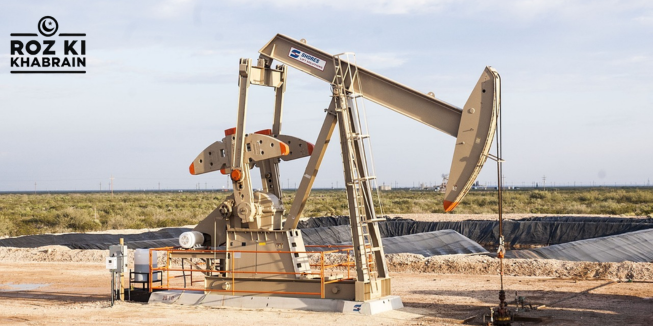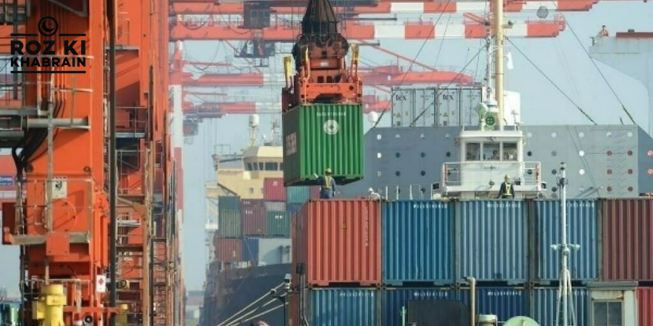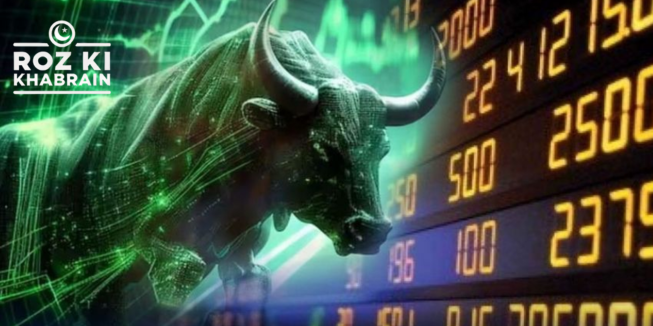LONDON, Nov 1 – Oil prices surged over 2% on Friday following reports that Iran is preparing a retaliatory strike on Israel from Iraq within the coming days, although prices remain on track for a weekly decline.
By 1024 GMT, Brent crude futures rose $1.72, or 2.4%, to $74.53 a barrel, while U.S. West Texas Intermediate crude climbed $1.76, or 2.5%, reaching $71.02.
On Thursday, Axios cited two unidentified Israeli sources claiming that Israeli intelligence indicates Iran could launch an attack on Israel from Iraq soon.
“Further responses from Iran might stay limited, similar to Israel’s restrained strike last weekend, serving mainly as a show of force rather than escalating into open warfare,” noted SEB Research analyst Ole Hvalbye.
The two nations have exchanged targeted strikes amid the larger Middle East conflict linked to the Gaza crisis. Iran’s previous air attacks on Israel, in April and October, resulted in minor damage after being mostly repelled.
Brent crude is still expected to end the week down nearly 2%, having dropped 6% on Monday after Israel’s Oct. 26 strike, which avoided Iran’s oil and nuclear sites.
Oil prices also found support from speculation that OPEC+ may postpone December’s planned production increase due to concerns over weak demand and ample supply. A decision could come as soon as next week.
Analysts suggest the upcoming U.S. presidential election and potential stimulus announcements from China’s NPC standing committee meeting could impact oil markets, according to IG analyst Tony Sycamore.
Elsewhere, corporate earnings reports have been mixed. Among top performers were oil major Shell and French bank Société Générale, while BNP Paribas and Total Energies underperformed.
In the U.S., presidential candidates Kamala Harris and Donald Trump maintain differing policy stances toward oil producers Iran and Russia.
Meanwhile, in China, October manufacturing activity returned to growth, according to a private-sector survey, aligning with an official survey from Thursday, indicating that stimulus measures are beginning to take effect. However, Goldman Sachs analysts noted that China’s growth focus remains more inward-looking compared to pre-COVID expansion trends.




